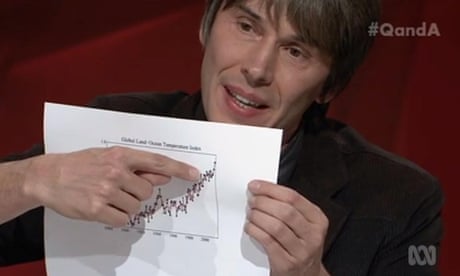Picture this: you and your friends are deciding where to go for dinner. You all end up at a restaurant that none of you really wanted to go to. How did that happen? Welcome to the Abilene Paradox!
The Abilene Paradox is like a quirky groupthink situation. It occurs when a group of people collectively decides on a course of action that none of them individually prefers because they mistakenly believe that others want it. Named after a story involving a family trip to Abilene, Texas, it illustrates how groups can end up doing things that no one really wants to do.
Contemporary Example: Imagine you and your colleagues at work are planning a team-building event. Nobody really wants to go paintballing, but everyone thinks that's what others want. So, you all reluctantly agree to it, and the day turns into a paint-splattered mess of unenthusiastic participants.
Consequences of the Abilene Paradox:
Inefficient Decision-Making: When people don't voice their true preferences, decisions are often inefficient, and resources are wasted on options that aren't ideal.
Frustration and Resentment: People end up doing something they didn't want to do, leading to frustration and resentment within the group.
Lack of Innovation: In an environment where people conform to what they perceive as the group's preference, innovative ideas and alternative solutions often get stifled.
Wasted Time and Resources: Pursuing decisions that no one really supports can result in wasted time, money, and effort.
Repetition of the Paradox: If the Abilene Paradox isn't recognized and addressed, it can become a recurring problem in group decision-making.
So, what's the takeaway here? Encourage open and honest communication within groups. Make it a safe space for people to express their true opinions without fear of judgment. This way, you can avoid falling into the Abilene Paradox trap and make decisions that truly align with everyone's preferences.
Historical Examples
1. The Space Shuttle Challenger Disaster (1986):
In one of the most tragic instances of the Abilene Paradox, NASA engineers had concerns about launching the Challenger space shuttle in cold weather. However, they believed that their superiors wanted to proceed. The result? A devastating disaster when the shuttle disintegrated shortly after liftoff, costing the lives of seven astronauts. The engineers had kept their concerns to themselves, assuming everyone else was on board with the launch, and this tragic event showcased the dire consequences of failing to speak up.
2. The Bay of Pigs Invasion (1961):
During the Cold War, the U.S. government approved a covert operation to overthrow Fidel Castro's regime in Cuba. Many experts within the government had reservations about the plan, but they remained silent, thinking that their colleagues supported it. The invasion was a fiasco, leading to embarrassment for the U.S. and the failure of the mission. The Abilene Paradox in action on a geopolitical scale.
3. The "New Coke" Debacle (1985):
Coca-Cola's decision to change its beloved formula and introduce "New Coke" is a classic business example of the Abilene Paradox. Company executives believed consumers wanted a new taste, even though there was no evidence to support this. They ended up with a public outcry and quickly had to bring back the original Coca-Cola. The lesson here: assuming what customers want without proper research can lead to costly blunders.

